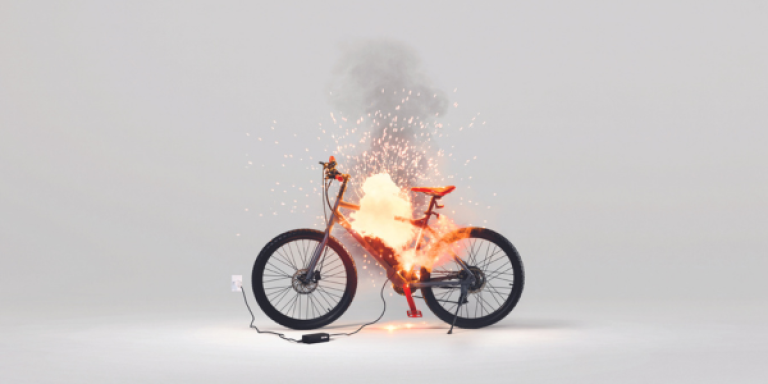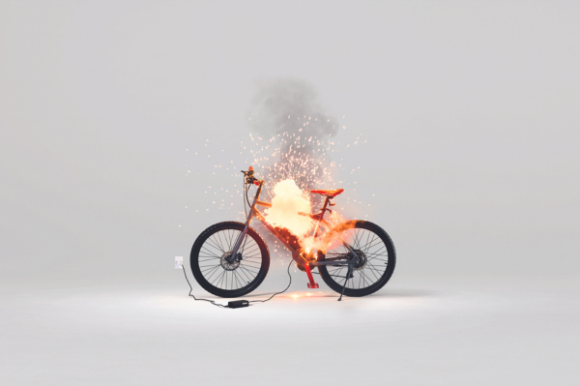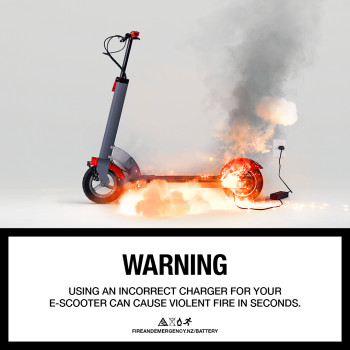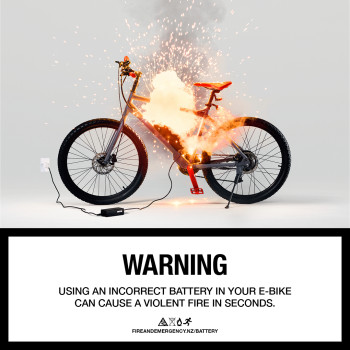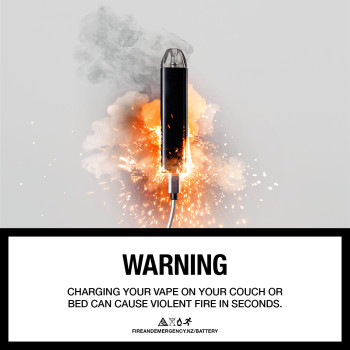Lithium-ion battery safety
These days, lithium-ion (Li-ion) batteries are everywhere, from e-bikes and e-scooters to vapes and power tools. They are light, compact, and long-lasting, but can be a fire hazard if they are damaged, mishandled, or improperly disposed of.













